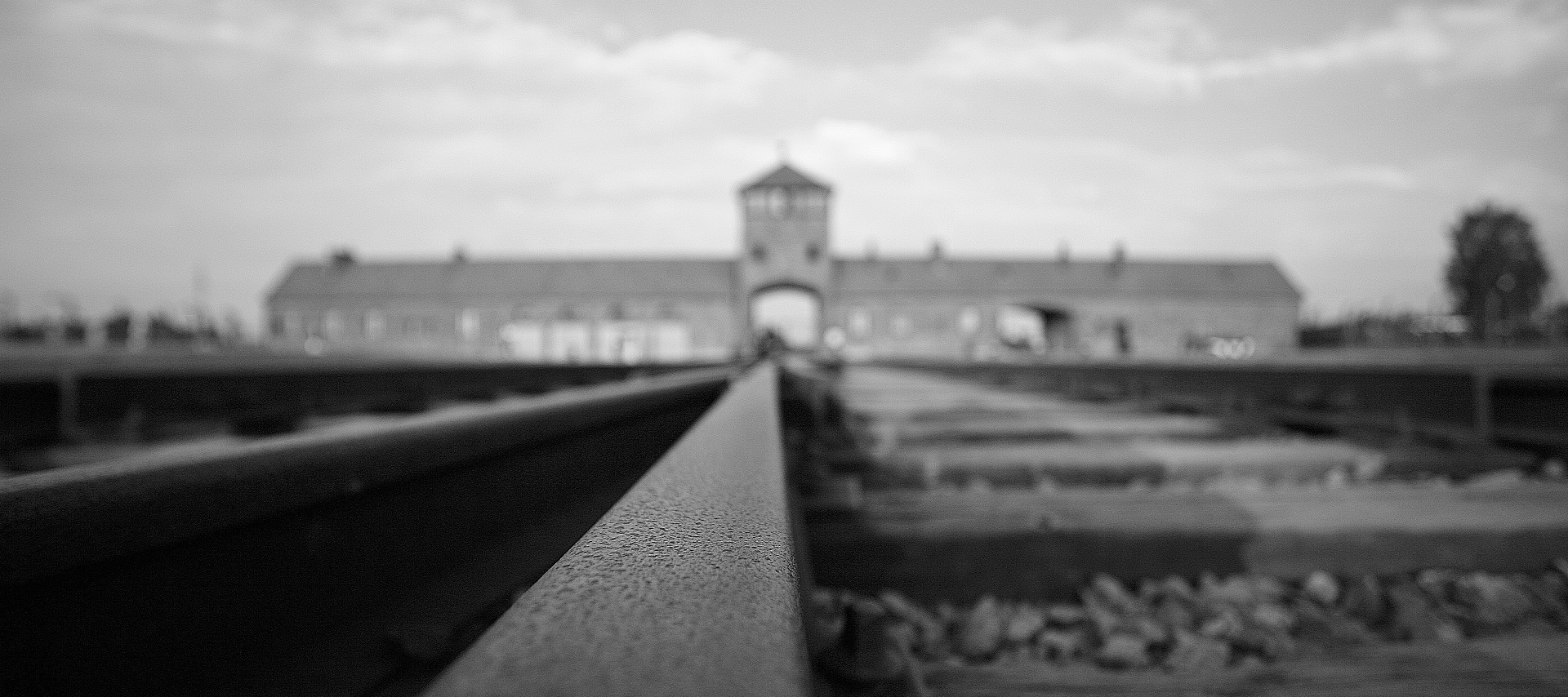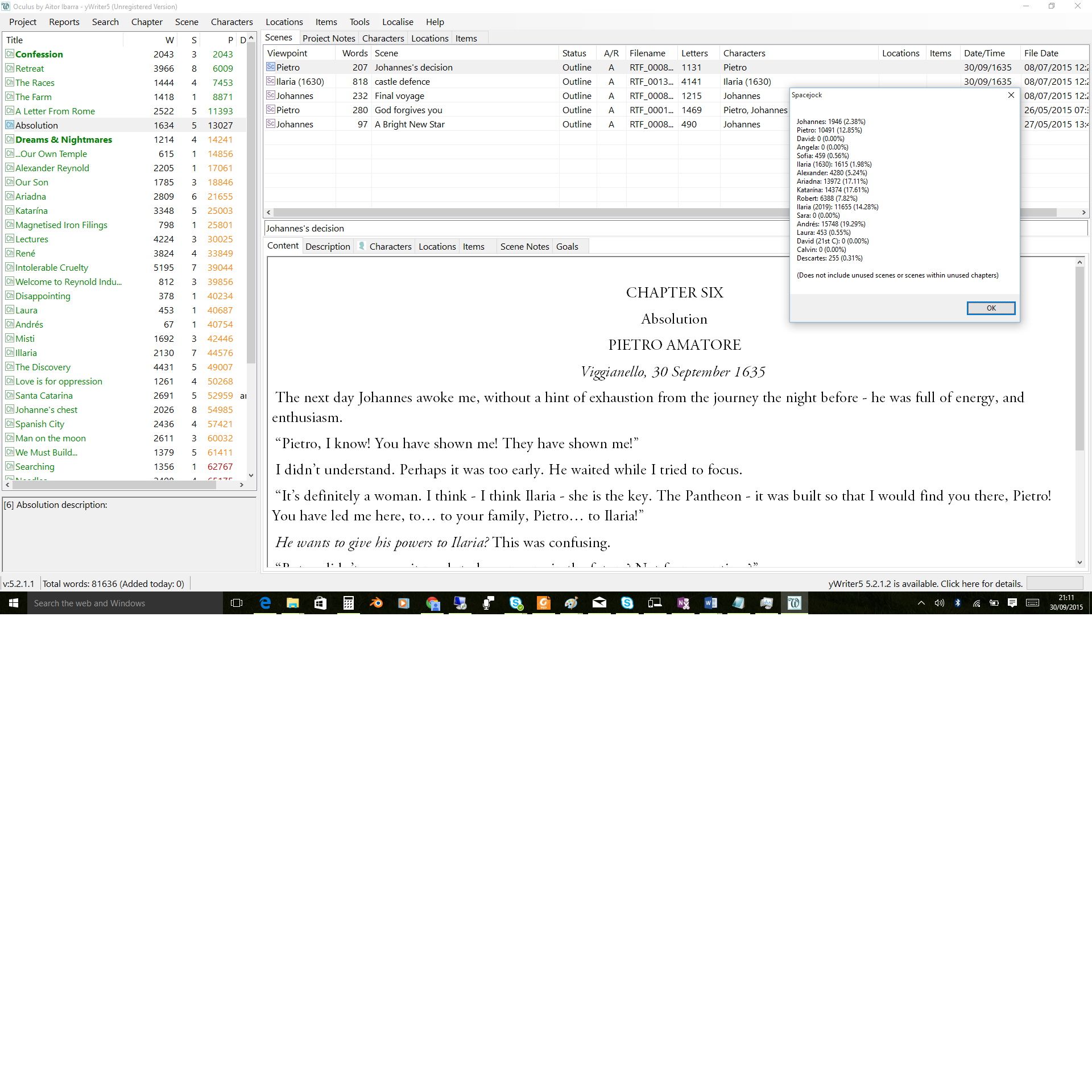World builders today takes a twist. Instead of exploring fantasy and science fiction worlds, my guest today shows how world building can be applied to the real world, and how the real world can be mapped out and built into fiction just as meticulously as one imagined.
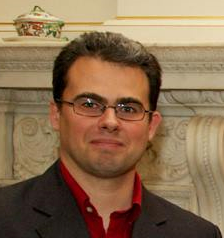 Aitor Ibarra was born in Madrid during the last few years of Franco’s regime. He’s lived in London since he was two years old but has also spent time in Wales, Spain and Peru.
Aitor Ibarra was born in Madrid during the last few years of Franco’s regime. He’s lived in London since he was two years old but has also spent time in Wales, Spain and Peru.
Aitor got into computers and reading science fiction at an early age; he read George Orwell’s 1984 at the age of nine and also has a signed copy of Peter Davison’s Book of Alien Monsters – a collection of short stories including one by Philip K. Dick. Peter Davison was Doctor Who after Tom Baker.
His first and only job that involved writing was as a computer journalist at Amiga User International – the Amiga was Arthur C. Clarke’s computer of choice – since then he’s studied for a degree in Philosophy and has twenty years of experience working in both creative and technical IT positions at established corporations and technology startups. In 2003, Iglu.com – the internet-based travel agency he was Head of Technology at – was placed #4 in the Sunday Times Tech 100.
Aitor is a keen cyclist and has cycled to from London to Madrid, as well as cycling up Swain’s Lane, London 75 times (over 19,000ft climb) to raise money for Amnesty International and Refuge (a UK charity that protects women and children from domestic abuse).
Oculus is his first novel and, he feels, is more influenced by philosophy, film and music than by literature. Which may account for the appalling quality of the writing!
Here now are Aitor’s answers to my world building questions:
What is the appeal of world building to you? How does it compare to the importance of character and plot?
Oculus is in part an alternate history, that is to say it is largely similar to the world we experience, with mostly shared history, but with a few key divergences, and of course, it stretches far into an imagined future.
It is critical to me that the reader believes in this world, but I would have to say that although I always had a clear idea of the plot, everything was subservient to the characters. Oculus is told entirely in the first person, so it’s the characters’ emotional and intellectual responses to their world which I wish to convey to the reader. Sometimes parts of the story are retold by multiple characters. Having it set in a world that is largely familiar makes this easier, as effectively I can rely on shorthand descriptions. I don’t, for instance, have to invent and describe many places – but I do have to describe them sufficiently – so that the reader can believe what the point of view character is telling them.
Beyond a description of this world, I am very deliberately trying to explore some philosophical ideas about the nature of space and time, consciousness, ethics – but again, always through the experiences of the characters.
Most of the locations in the book are places I’ve been to. A few, I’d not been to before writing. There’s a particular place, in Poland, which even in the book I feel for some reason would be disrespectful to name. Yet everyone has heard of it. I’d not been there before, but I’d written about it. I’d written about my characters’ experiences of being there. I felt that I had to go there myself, to actually see if my real experience corresponded with theirs, and I have to say, they both fed each other. My experience was deeper than it would have been had I not had these imagined people in my head, and theirs was made more real … as if there was a cross-over between the real world and the imagined world. By coincidence I found a photo of someone, who died in this place, with the same family name as one of my characters – so I worked that into her experience of visiting the place. I also took my own photos, in the places where I imagined they had gone, and allowed myself to feel what they might have felt. I hope that the result is something which respects rather than dishonors the many real people who died there and their relatives.
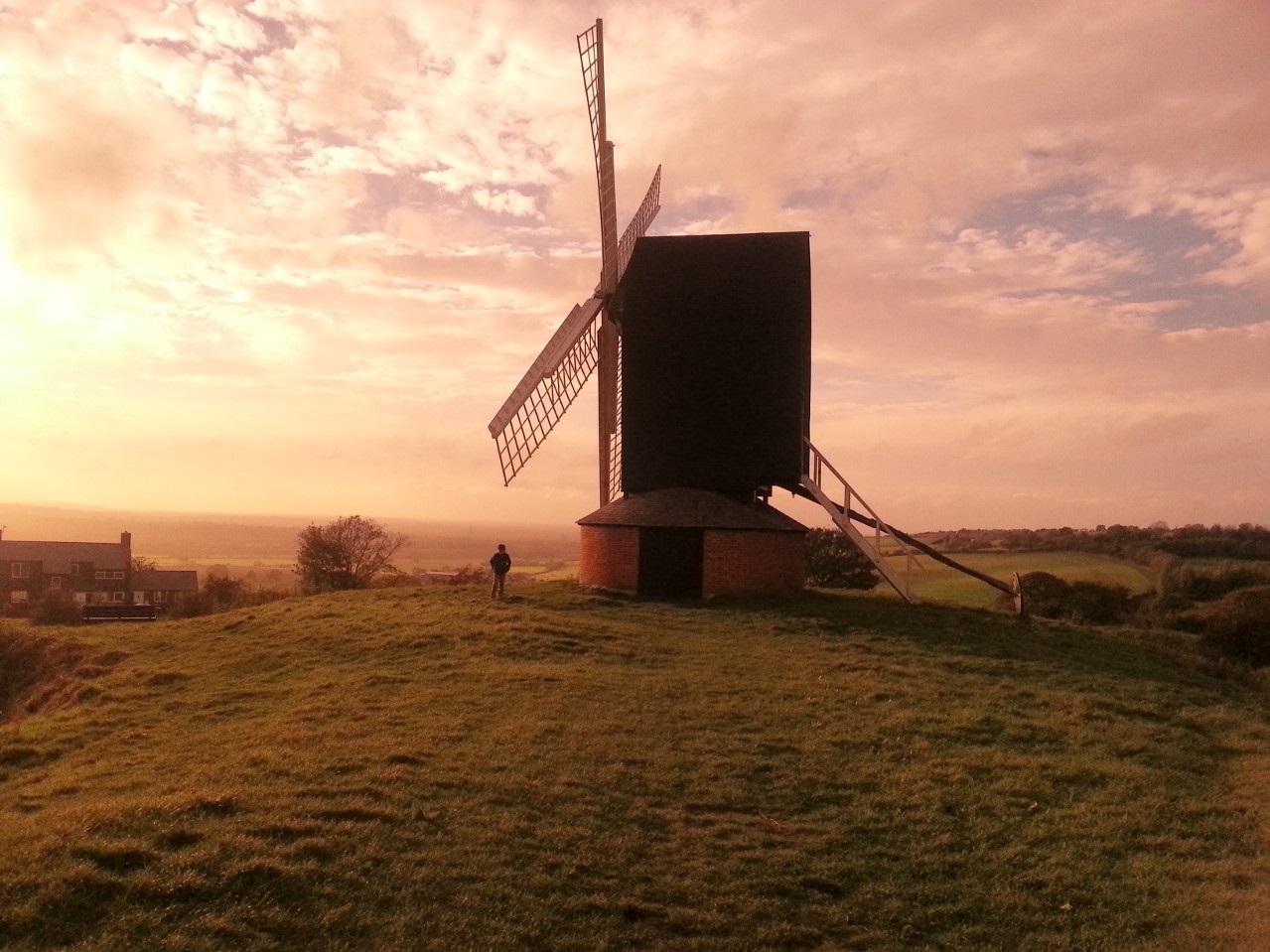
Another real location, this is the windmill in Brill, near Oxford in England. (Known as Brae Hill in Oculus). Brill was Tolkein’s inspiration for Bree. Photo by Aitor Ibarra.
There were plenty of other surprise coincidences – between the real world and my imagined one – and instead of questioning them, I embrace them. To me they make the story more real; I hope that this is also the reader’s experience.
Do you have a technique for keeping track of world building as you go? How do you ensure your material is easily retrievable and easy to modify?
For writing I quickly switched from Word to an excellent piece of novel-writing software: yWriter. This is donation-ware. yWriter is not very good at formatting, spell checking – all the things that Word is good at. But it allows you to write your novel as scenes. You can rearrange the scenes into chapters, and set meta-data such as POV-character, locations, date / time / duration, even objects – on a per-scene basis. And you can name scenes. The ability to set a POV character, date and location for each scene, for instance, was invaluable as these switch so often I soon realized I had to make these part of the text to avoid reader confusion. It also helps me work out, for instance that 52% of the novel is told from the point-of-view of female characters, something that I was initially surprised by, and then immensely proud of, because I was very worried that the novel was going to end up as a huge ego-trip for me. Of course, it is that as well…
yWriter is available from Spacejock software here: http://www.spacejock.com/yWriter6.html
yWriter is the best tool I know of to get you to the first draft stage. Once you are there, or close, you probably want to switch to something like Word. I went back to Word because I was up against a self-imposed deadline of wanting to get some early-draft hard copies into readers’ hands (this was before launching on Inkshares) and to me layout, typography and photos were very important, as well as spell check, etc. So I’ve done quite a lot in Word. You can go back and forth between the two but only in .rtf and you have to leave special formatting markup in place (although you can hide this in Word if you set it to an invisible stylesheet).
Another writing tool that was really useful is OneNote on a mobile phone. Sometimes you are standing on a crowded tube train and there’s no way you can get the laptop out – but you need to write! A tool like OneNote or Evernote, which will automatically sync with the cloud when you get into reception again, is invaluable in such situations.
What do you enjoy the most about world building?
I’m going to answer this as if it was asking me about the writing process in general: and the answer is that none of it was forced. Oculus was written out of order and yet to me everything just fell into place. I only ever write when I feel like it; and of course, this means I feel like it all the time – but if I ever had a strong feeling about an idea, and wasn’t able to write at that moment, I had no problem simply remembering it. It could stew for a while in my subconscious, and then be written later. It helps that so much of the novel is inspired by real people, places and events – with enough of a fantastical twist and narrative to make what I hope is an illuminating and engrossing story that explores many intellectually and emotionally interesting themes and experiences.
How do you deal with contradictions in your story that require large changes to your world? Have you run into this kind of difficult situation and if so how did you resolve it?
This may sound ridiculous, but every time I have an issue with the plot – for example, the grandfather paradox, which is quite a common one in time-travel stories – I just leave it, sleep on it, and get the answer eventually. The nature of the time-travel for the first part of the novel doesn’t really introduce paradoxes, because they are visions of the future – hallucinations if you will – and this allows for a constantly changing future. Later in the novel, there is [spoiler] actual time-travel and I largely avoided paradoxes by having the characters avoid them. But then, ruining it all, I introduced one deliberately! [/spoiler]
What tips do you have for aspiring writers on how to create a solid, believable world?
Believe in it yourself. Make sure your characters believe in it too. Don’t spend too much time describing it; you will have to do this more than a non-fantasy-novel, of course, because your environments may be very unusual; but if you allow your characters to really “live” there, you’ll find that the world will be believable by virtue of your characters living and breathing in it.
Thanks, Aitor, for sharing your insights on world building!
Now here’s some more on Aitor’s book:
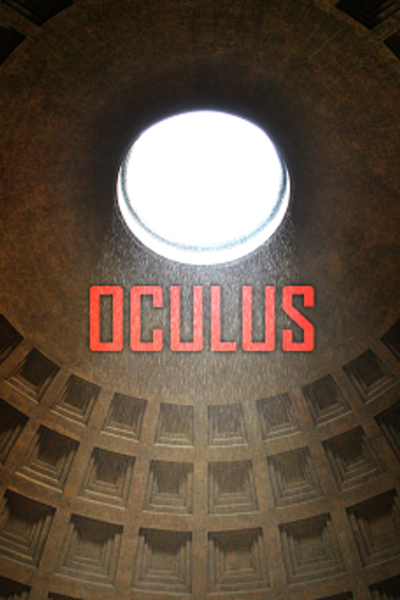 Oculus connects 1635 to the present day and the distant future. A veteran of the Thirty Years’ War struggles with guilt and visions of a terrible future. He visits the Pantheon in Rome seeking answers, needing redemption. In the present day, breakthroughs are made with life extension therapy and space travel. All to service the ego of one man.
Oculus connects 1635 to the present day and the distant future. A veteran of the Thirty Years’ War struggles with guilt and visions of a terrible future. He visits the Pantheon in Rome seeking answers, needing redemption. In the present day, breakthroughs are made with life extension therapy and space travel. All to service the ego of one man.
Told entirely from the perspectives of the characters, the story of Oculus connects the past, present and future, in an intricate mesh — centered around the female-line descendants of a very special woman born in the seventeenth century.
Here is a short excerpt:
“But I don’t believe in the same God that you do, Father.”
“And what do you believe?”
“That the Universe is all there is. Everything is intimately interconnected. God? Sentient life is how the Universe knows itself. We are all God.”
See what some people are saying about Occulus:
“A different sort of time travel story. Like if Henry DeTamble were from Gallifrey, but without a TARDIS. Clear message that life is what our choices make it. Strong imagery. Interesting, complex characters. Intriguing. Deserves more attention than it’s gotten so far. I’ve pre-ordered one for my book shelf. Check it out.” —S.T. Ranscht and Robert P. Beus, authors of Enhanced
“Oculus is one of the most unusual time travel stories I’ve ever read. Exploring history from the Renaissance through 2635, it blends theories of time, religion, and the importance of choice in a period piece looking at the end of the world through the eyes of people who can’t possibly understand what they’re seeing.” —Romero Russo, author of Sarcasm Font
If you are intrigued by what you read here and would like to help bring this book to life, please go over to Inkshares cast your vote by pre-ordering a copy.
Inkshares is a crowdfunding publisher who chooses which books to publish based on whether enough readers have shown interest in them. Successful projects have been reviewed in the NYT, US Today, and Washington Post, and have been distributed to numerous bookstores including Indigo and Barnes & Noble.
You can also connected with Aitor in the following places:
Facebook: https://www.facebook.com/oculusnovel
Instagram: https://instagram.com/oculusnovel/
Email: Aitor.liova.ibarra “at” gmail “dot” com

